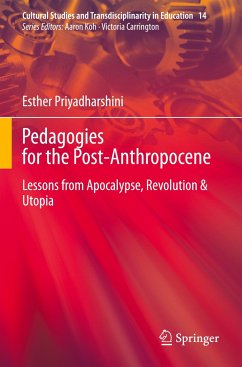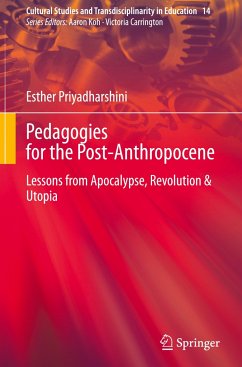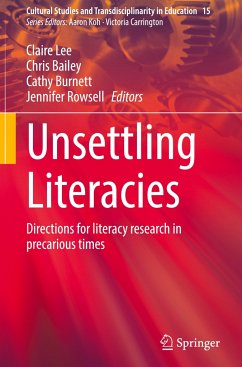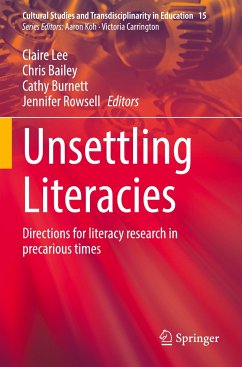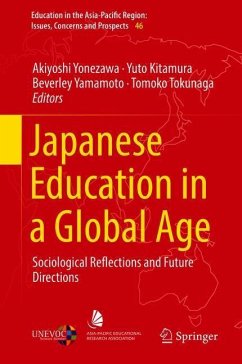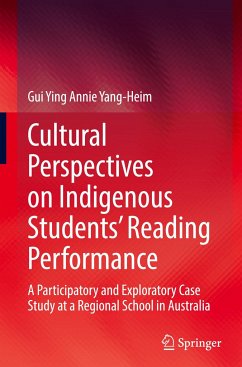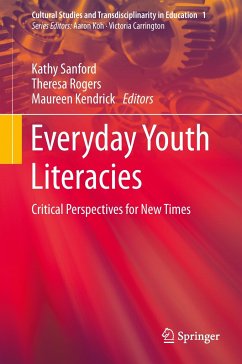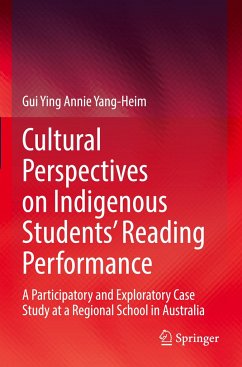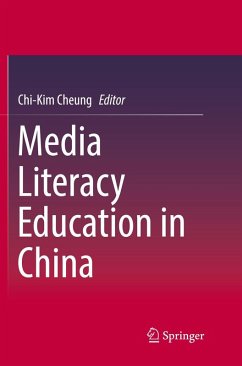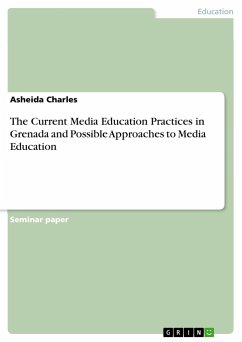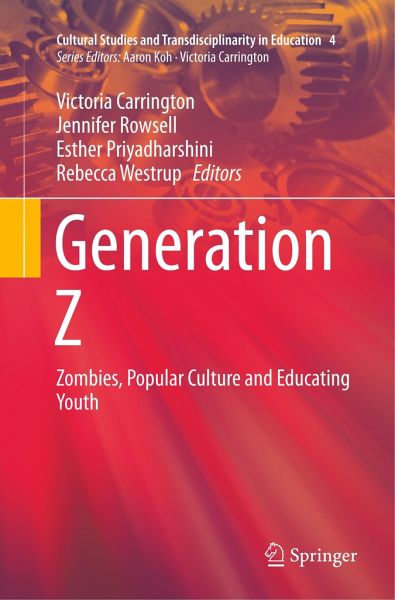
Generation Z
Zombies, Popular Culture and Educating Youth
Herausgegeben: Carrington, Victoria; Rowsell, Jennifer; Priyadharshini, Esther; Westrup, Rebecca
Versandkostenfrei!
Versandfertig in 6-10 Tagen
83,99 €
inkl. MwSt.

PAYBACK Punkte
42 °P sammeln!
This book argues that the mythic figure of the zombie, so prevalent and powerful in contemporary culture, provides the opportunity to explore certain social models - such as 'childhood' and 'school', 'class' and 'family' - that so deeply underpin educational policy and practice as to be rendered invisible. It brings together authors from a range of disciplines to use contemporary zombie typologies - slave, undead, contagion - to examine the responsiveness of everyday practices of schooling such as literacy, curriculum and pedagogy to the new contexts in which children and young people develop ...
This book argues that the mythic figure of the zombie, so prevalent and powerful in contemporary culture, provides the opportunity to explore certain social models - such as 'childhood' and 'school', 'class' and 'family' - that so deeply underpin educational policy and practice as to be rendered invisible. It brings together authors from a range of disciplines to use contemporary zombie typologies - slave, undead, contagion - to examine the responsiveness of everyday practices of schooling such as literacy, curriculum and pedagogy to the new contexts in which children and young people develop their identities, attitudes to learning, and engage with the many publics that make up their everyday worlds.



